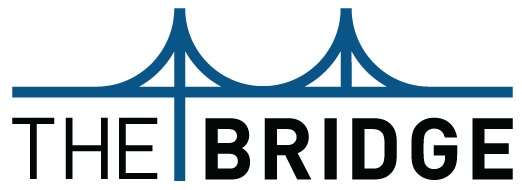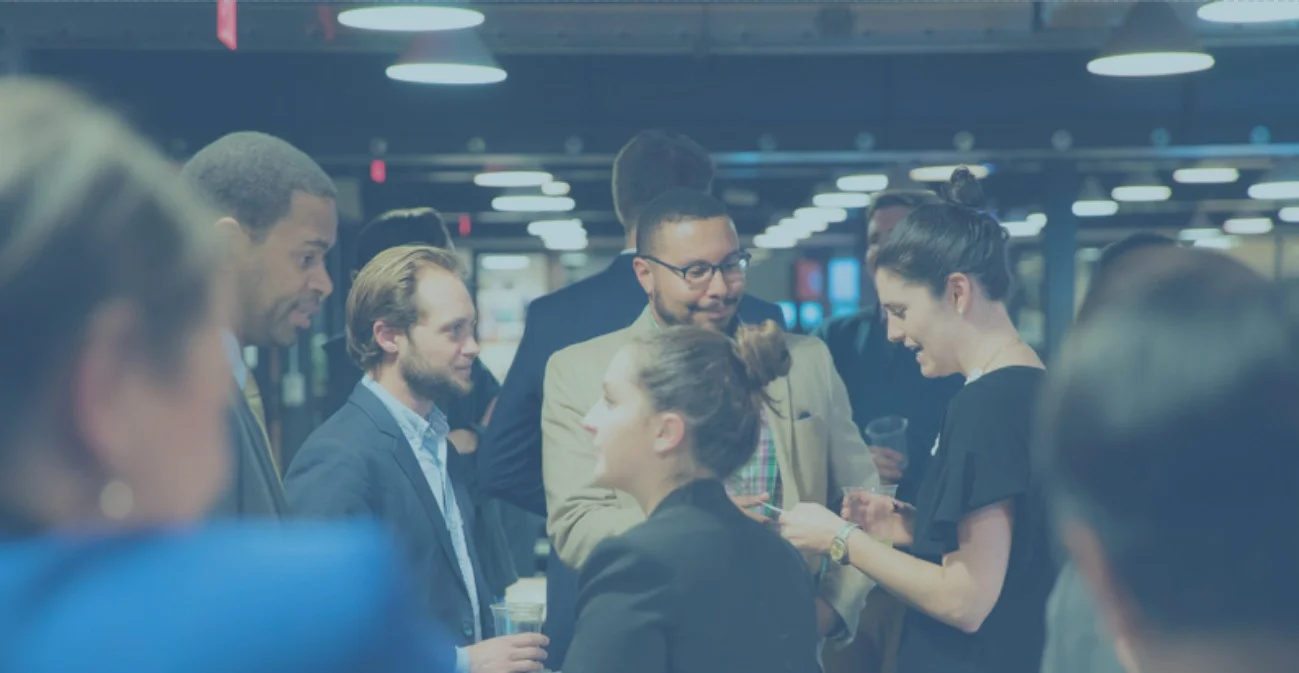TheBridge profile: Rebecca Coffman
Name: Rebecca Coffman
Current city: Washington, DC
Current job: Chief Operating Officer, Citizen Data
Past job: Digital Director, Stand Together
Q. Favorite spot for a coffee meeting? Compass Coffee
Q. Describe how a skill you learned in a previous job helped you in your current job. I've developed a routine of setting aside time every morning to focus on internal communications, which is an easy thing to neglect in the busy day-to-day. But I've learned that it's invaluable to regularly broadcast your progress, challenges, ideas, and achievements to your team (and not just at big formal meetings, when it's expected). It helps develop a culture of transparency, humility, and continuous learning.
Q. Job advice in three words? Follow your heart.
Q. How are you (or your company, org, nonprofit) currently bridging the gap between innovation and regulation? These are polarizing times. But there's an emerging movement of cross-partisan, bipartisan, and nonpartisan coalitions and organizations working on common sense, common ground issues like government accountability, criminal justice, energy, and more. Citizen Data was born from the realization that while the political left and right enjoy well-oiled data machines, this unique space doesn't have access to the same level or quality of insights and analytics -- and as a result, it's operating at a competitive disadvantage. We're using cutting-edge data methodology and machine learning to empower these groups with the data they need to bridge divides, unite Americans, and advance meaningful reforms in a way that completely transcends partisanship.
Q. What can innovators learn from policymakers? Policymaking is a slow burn; it requires carefully crafting policies word by word while delicately building consensus across a diverse coalition, sometimes over the course of years. While the trendiness of the "move fast and break things" mentality is starting to wear off, among innovators, there's still a tendency to get overly-excited by fleeting idea fairies (that's why we see shiny new companies pop up overnight and fail within months). If there's anything innovators can learn from policymakers, it's that sometimes it's worth it to take the time to get things right on the front end.
Q. What can policymakers learn from innovators? In a sense, innovators are better set up for success than policymakers simply because they have a better incentive system in place: the free market. In general, when an innovator fails to produce something that appeals to consumers, the money dries up. But if a policy fails, often more good money is thrown after bad to "fix it." If policymakers can mimic a more market-based mentality and apply it toward working in and around the government, we'll start seeing more creative, efficient, and cost-effective things happening in Washington.
Q. Favorite book/podcast/long-form article you recommend? One of my favorite books is "We Learn Nothing," by Tim Kreider. It's a collection of essays on the human experience, and one essay in particular ("The Creature That Walks Among Us") does a great job highlighting how imperfect and complex we actually are. Favorite line: "It might be a relief to quit maintaining this rigid pose of normalcy and own up to the outlaws and monsters we are.”
Q. Everyday is probably different, but can you describe a "day in the life" of your job? I wear a million and one different hats, so there's really no average day. Today I worked with legal on editing a large contract, hopped on a call with an investor, and led a weekly team wrap-up meeting. Most days I'm heads down on internal operations and day-to-day management, and others I'm supporting our CEO on the big-picture strategy. It's certainly never boring.
Q: How do you unwind after work? I'm a big fan of Forrest Yoga, a style of yoga I got hooked on a year or so ago. This type of yoga focuses largely on the mind-body connection and views practice as a place to find peace (vs. a time to work on your abs while listening to Demi Lovato -- nothing against CorePower fans out there, though).
Q: How often do you work from home? I'm answering this at the height of the coronavirus, so the answer as of now is: every day. But in normal times, the answer would be about 2-3 times a month. One of the first policies we stood up for Citizen was unlimited PTO, which entailed a flexible approach to work arrangements. Everyone on our team knows that if they need to work from home one day, or just need to disconnect, they're welcome to take that time.
Q: Morning routine? I wake up naturally around 5AM (much to the dismay of friends, colleagues, and my husband). Then I get up and make some coffee, which I drink while I scroll Twitter (a bad habit that always puts me in a horrible mood, but I'm hooked). Then I start working. ...This is all very unimpressive to write out.
Q: Best advice you've received? Know what you don't know.
Click below to join TheBridge community and, among other resources, receive our bi-weekly updates with featured profiles.


